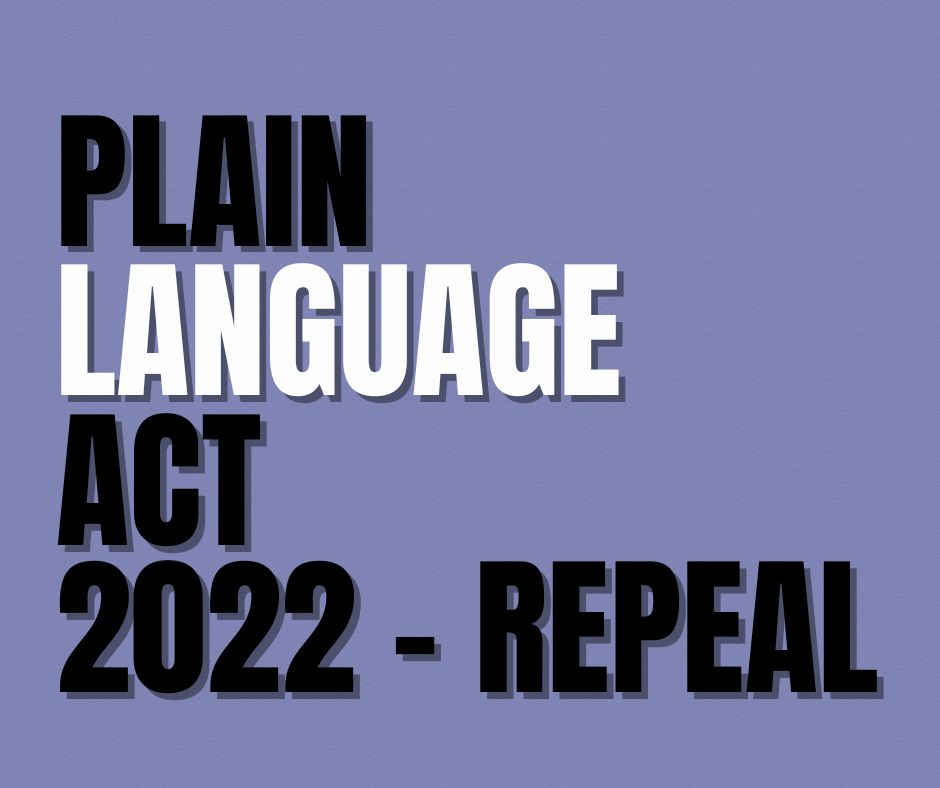
ANZMES (Associated New Zealand Myalgic Encephalomyelitis Society Incorporated) is urging policymakers to reject the proposed repeal of the Plain Language Act, warning that the move would disproportionately harm individuals with cognitive impairments—including those living with ME/CFS, Long COVID, and other neurological conditions.
The Act, which ensures government communications remain clear and accessible, plays a vital role in enabling people with brain fog, processing difficulties, and language barriers to engage with essential information. If repealed, thousands of New Zealanders with cognitive disabilities will face heightened challenges in accessing healthcare, legal, and social services.
“Complex language is a barrier to participation,” says Fiona Charlton, President of ANZMES. “For people with ME/CFS, brain fog and cognitive fatigue make it difficult to process dense bureaucratic language. Plain English ensures they can understand government documents and access critical support without unnecessary hurdles.”
International research supports the effectiveness of plain language policies in reducing errors, improving compliance, and fostering transparency. Countries like Canada, the United States, and the UK recognise the importance of clear communication and have strengthened their commitment to accessible governance.
“Removing the Plain Language Act would be a step backward,” warns Charlton. “It’s not just about convenience—it’s about equity, human rights, and ensuring everyone has equal access to public information.”
ANZMES is calling on the Governance and Administration Committee to uphold the legislation and safeguard accessibility for disabled and neurodivergent communities.

